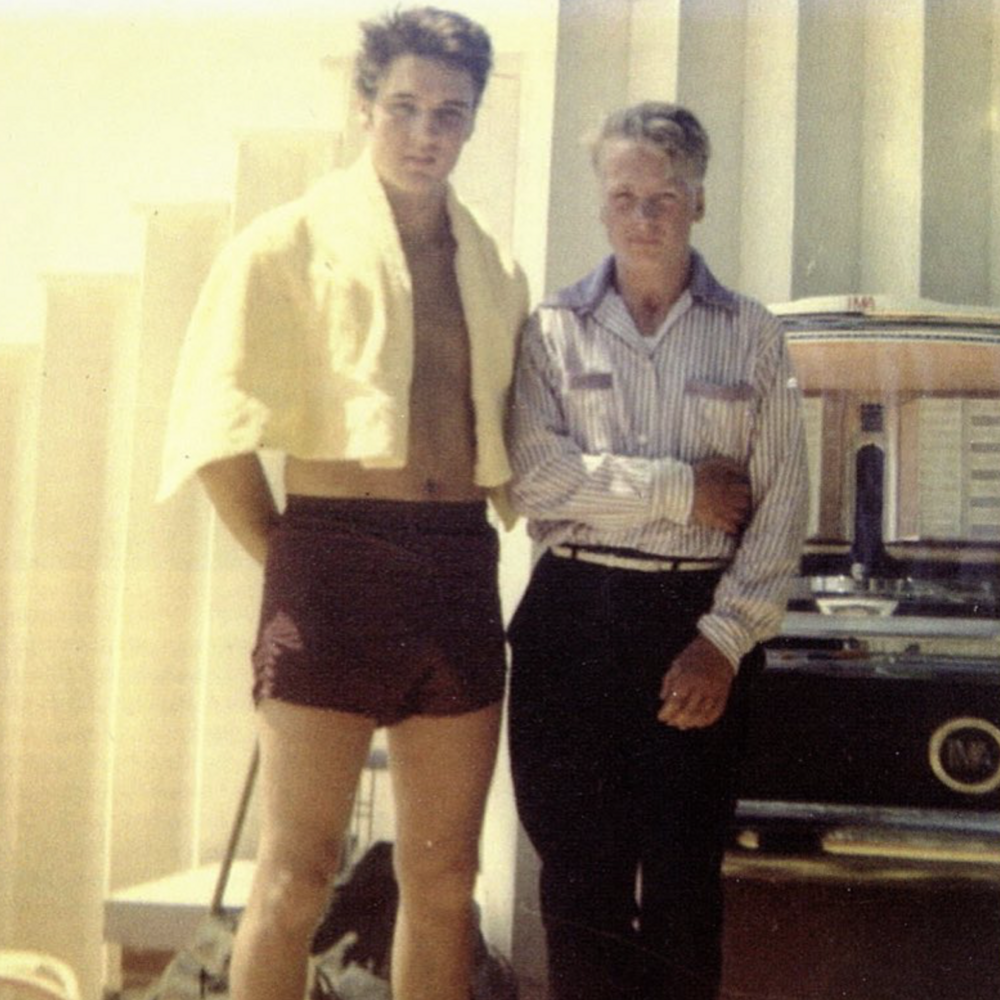More than most forms of music, folk thrives on anonymity. Its beginnings tend to be arcane, and in fact the music benefits from a degree of mystery, representing as it does the parts of life that lie more in the realm of intuition and feeling than cerebral knowledge. When written and played properly, folk should sound as if it has hung in the air for as long as the people and communities it represents have existed. So it should come as no surprise that Jackson C. Frank, a child of Buffalo, New York, and the folk musician’s folk musician, did not, in his lifetime, have legions of fans. What he did have, though, was the sort of tragic background (he was caught in a devastating fire at his grade school during which 14 children died, had paranoid schizophrenic tendencies, and had an eye shot out during a period of homelessness) that could inspire Job-like laments, sorrowful strains, and blue ballads. His hit “The Blues Run the Game,” covered by everyone from Simon and Garfunkel to Nick Drake, is a great example of all three. Frank only put out one real album in his lifetime (produced by Paul Simon in London), but became an almost mythical figure on the folk scene, loved by the likes of fellow musicians Al Stewart, John Kay (Steppenwolf), and John Renbourn (Pentangle). In a new documentary titled after Frank’s hit song, the director Damien Aimé Dupont calls upon these admirers to explain how, despite Frank’s intense desire to disappear and remain unknown, his profile has only grown stronger and his music more profound in the years since his death. —Nathan King
Blues Run the Game:The Strange Tale of Jackson C. Frank has screenings in Boston, Buffalo, Woodstock, Brooklyn, and San Francisco between April 24 and June 1.




